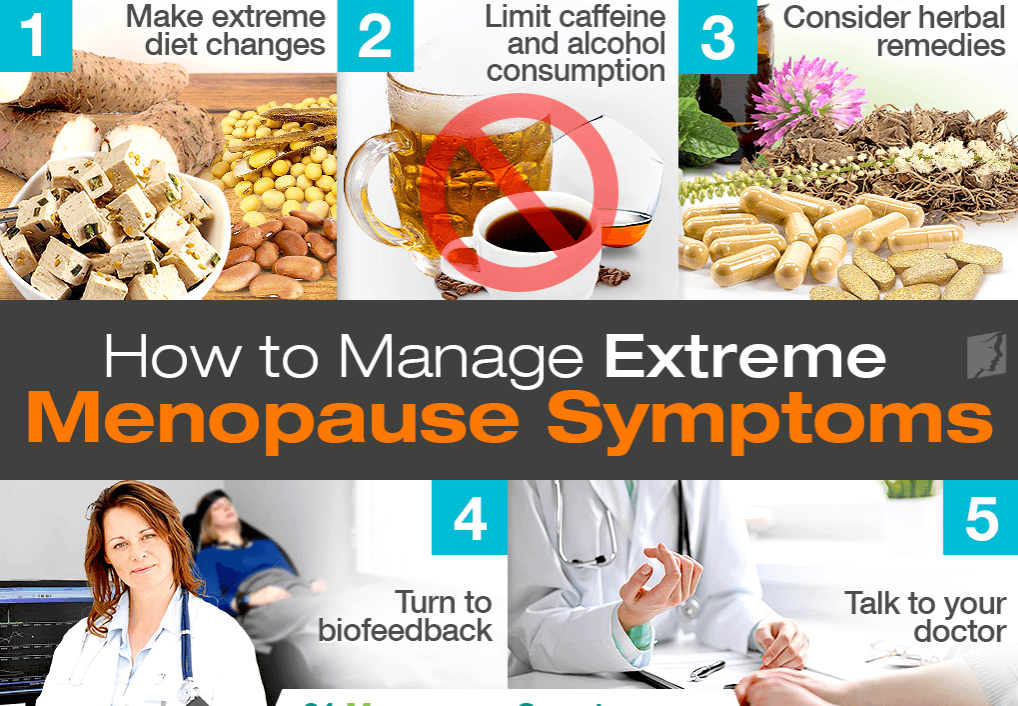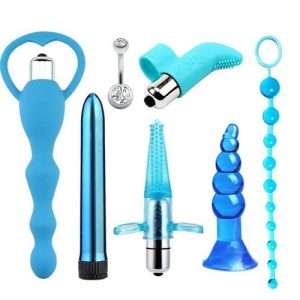
Climacteric in femalehood is the period between the peak of reproduction or the start of a decline of ovarian activities to the end of reproduction.
Climacteric is commonly known as menopause, and the symptoms of menopause usually start in the 50s.
However, early menopause symptoms can be felt at age 40 or below (Premenstrual syndrome or PMS)
There are 3 stages of menopause: Perimenopause, Menopause, and Postmenopause.
What Happens During Menopause?
First, there is no way to stop menopause from happening. Fertility has a cycle, and once a woman reaches the end of fertility, the following symptoms are bound to occur.
Symptoms of menopause are broad and affect both your physical health and mental health, but the following signs are common in most women.
- Irregular menstrual period
- Sleep difficulties
- Depression
- Changes in mood
- Fatigue
- Atrophy or Vaginal dryness
- Increase in weight
- Osteoporosis
- Hot flashes
- Dizziness
- Night sweats
- Chills
How to Deal with Menopausal Symptoms?
First, menopause lasts for about 15 to 20 years, and while the symptoms are no big deal in some women, some other women feel like going through hell.
The good news is that there are natural menopause ‘treatments’ that work. Therefore, you can deal with menopause dizziness, weight gain, mood swing, hot flashes, and other symptoms as a wife and a husband.
Hormone Therapy
If you have severe menopause symptoms, you should try to see your gynecologist for medical assistance.
He will prescribe hormone therapy – estrogen therapy or a combination of estrogen and progesterone are usually the most effective treatment measure for menopausal symptoms.
However, this is associated with other side effects and significantly increases the risk of heart attacks or strokes.
Hormone therapy is out of the question for some patients: women with breast or uterine cancer are not advised to use this therapy; the same applies to people with severe high blood pressure.
However, hormone therapy is strongly recommended for women who have early menopause (before the age of 40).
Exercise Regularly and control your weight
Lots of exercise in the fresh air should be part of your daily plan during menopause.
You should also focus on exercises that can strengthen your pelvic muscles.
Exercise can work against depression, insomnia, and weight gain, thus, these menopause symptoms will be controlled naturally.
Avoid smoking
Smoking can do more damage as you age, and for women, smoking can trigger early menopause, and menopausal symptoms can also be more severe for smokers.
Therefore, it makes sense to quit smoking, which also reduces the risk of cancer and improves the skin’s appearance.
Eat healthy Foods, Fruits and Dring Enough Water
A healthy and varied diet should be taken during menopause, and should also be taking enough water to keep hydrated.
In addition, it is important to have an abundant intake of vitamin D, B6, and calcium.
Reduce processed Foods and Sugar
You should also avoid trigger foods, Fatty foods, processed foods, Spicy foods, and other kinds of foods with high sugar content.
Better, you take foods that are high in phytoestrogens, vitamins, and minerals.
Avoid stress – instead, focus on relaxation
Menopausal women should consciously take time for themselves and for things that are good for them.
For example, relaxation practices like yoga or shiatsu can have a positive effect during menopause.
You should spend more time relaxing and have a quality night’s sleep.
Use of Herbal medicine
In the case of milder complaints, however, you should opt for herbal supplements.
Extracts of black cohosh, monk’s pepper, red clover, or rhubarb root have proven to be very effective here.
Sage drops and Soy ( high in phytoestrogens) can be used against menopause hot flashes.
Extracts from Tumeric, Red clover, pomegranate, Dong Quai, broccoli, ginseng, and Licorice can also help to relieve some of the symptoms of menopause.
Spark up your Sexual Life
Many of the symptoms of menopause are due to hormonal changes in the female body.
At menopause, you can continue to enjoy your sexual life, you’d only need to spend more time with your husband, and have your understanding understand this stage of life.
For vaginal dryness, your husband can help the situation by spending more time on foreplay, using moisturizer, and having more sex with you.





